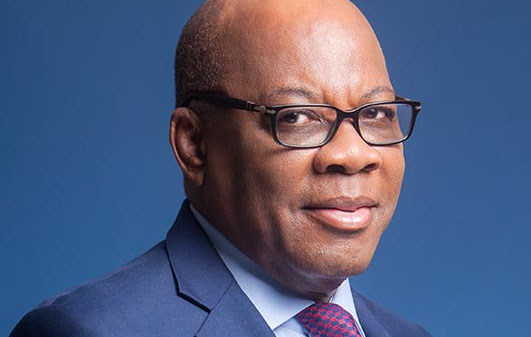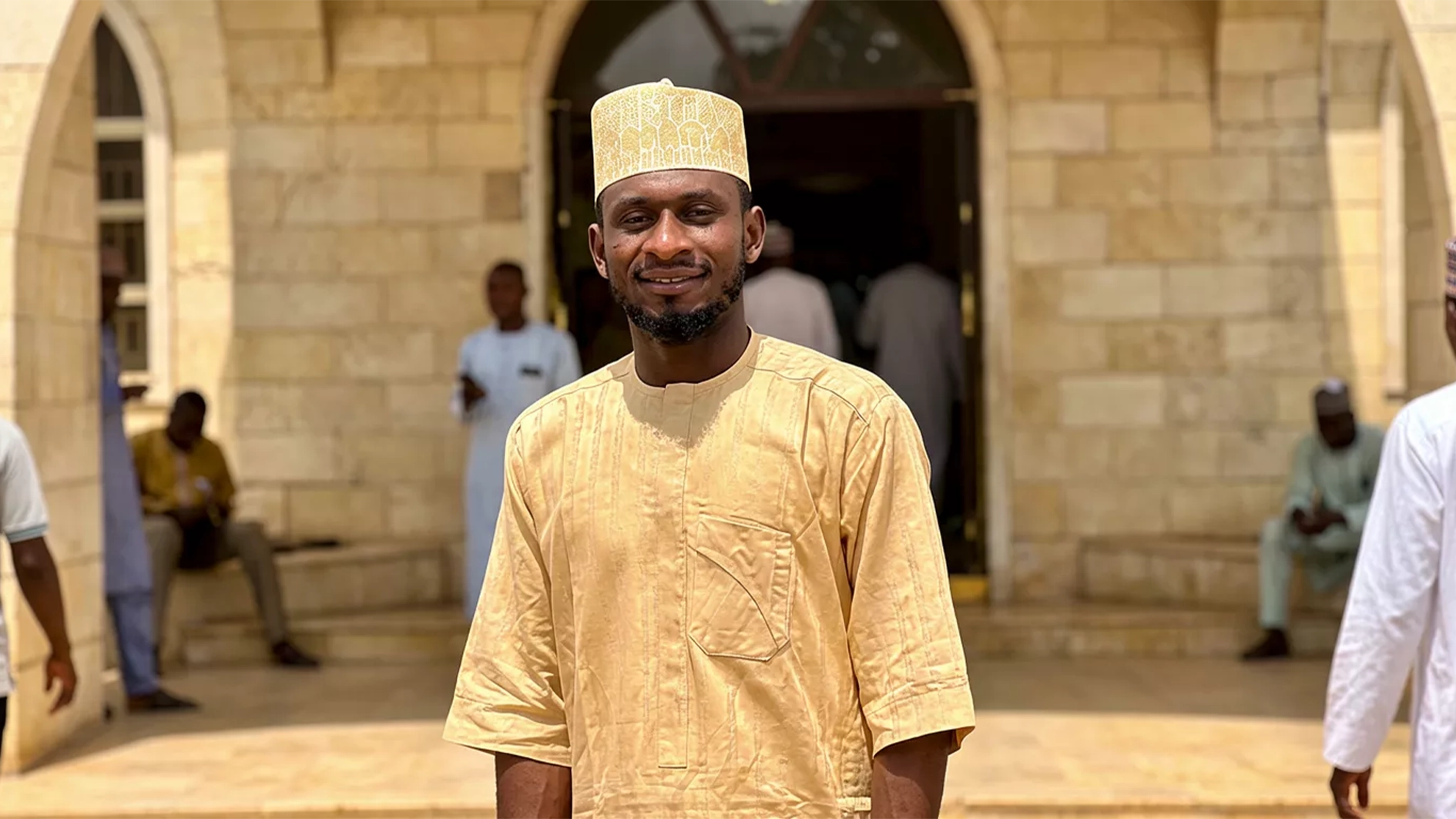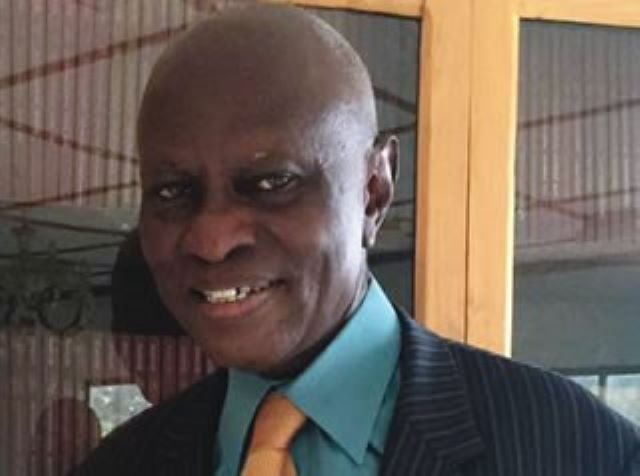•70% TB funding gap poses setback to disease control efforts – Expert
• Nigeria faces \$110 million cut in Global Fund support
• CCM, others call for local solutions to mitigate setbacks
Amid escalating concerns over dwindling international support, stakeholders at the 2025 Country Coordinating Mechanism (CCM) Nigeria Retreat have issued an urgent call for increased domestic funding to sustain and avert a looming crisis in the country’s health sector.
Gathered in Lagos for the three-day retreat, health leaders, lawmakers, program managers, and representatives of civil society warned that Nigeria’s overdependence on donor funding was no longer sustainable. The warning comes on the heels of a \$110 million reduction in Nigeria’s allocation from the Global Fund—from approximately \$970 million to \$860 million.
Stakeholders noted that while the country has made measurable progress in combating major diseases—reducing HIV prevalence from 5.8 percent to 1.3 percent, lowering malaria rates from 42 percent to 22 percent, and placing over 400,000 tuberculosis patients on treatment in 2024—they warned that these gains are in danger of being reversed unless the government takes ownership through robust and timely domestic investments.
The First Vice-Chair of Nigeria’s Global Fund Country Coordinating Mechanism, Mr. Ayo Ipinmonye, described the retreat as strategic, being jointly organized for the first time with the National Assembly. He explained that the collaboration was designed to deepen legislative understanding of the Global Fund’s work and to position Nigeria to fill the funding gaps left by international donors.
Mr. Ipinmonye disclosed that the country’s allocation from the Global Fund has been reduced by 11 percent, dropping from approximately $970 million to $860 million. According to him, the retreat marked the first time such an event was being held in partnership with the National Assembly—a move he described as strategic in strengthening domestic health financing and national ownership.
While acknowledging that global trends, such as the U.S. Executive Order affecting Overseas Development Assistance (ODA), have affected donor commitments, he stressed that the time had come for Nigeria to take primary responsibility for its health funding needs. “Donors are here to support us, not replace the government or people of Nigeria,” he emphasized.
Ipinmonye highlighted that the CCM, in collaboration with the Health Minister, had already begun working on a Sector-Wide Approach (SWAp) to unify and optimize the impact of all funding streams in the health sector. “We cannot achieve our health objectives if we are not working together,” he said, adding that this was why members of the Senate, House of Representatives, civil society, and other stakeholders were present.
He stressed the importance of accountability, stating that Nigerians deserved to know not just how much funding was being allocated, but how it was being used and whether it was improving health outcomes. He called on all sectors—government, civil society, media, traditional and faith-based institutions—to take responsibility for health outcomes in Nigeria. Recalling the historical role of churches and Islamic groups in running hospitals, he urged a return to community-driven health leadership.
Also speaking at the retreat, Second Vice-Chair of Nigeria’s Global Fund Country Coordinating Mechanism (CCM), Dr. Akinwunmi Fajola, emphasized that the primary goal of the 2025 retreat was to build stronger, cross-sectoral partnerships, especially with government institutions and national stakeholders, toward strengthening Nigeria’s health system.
He explained that the CCM’s core mandate revolves around mobilizing resources for interventions targeting HIV, tuberculosis, and malaria. However, he lamented that Nigeria’s persistent failure to meet domestic health funding benchmarks has continued to hinder progress.
Fajola said that due to the country’s underinvestment, it has been difficult for the CCM to meet the Global Fund’s expectations for counterpart funding. He also warned that without domestic investment to support grant performance, overall objectives will remain unachieved.
He cited successes achieved through external and domestic collaboration, including the decline of HIV prevalence from 5.8 percent to 1.3 percent, the drop in malaria rates from 42 percent to 22 percent, and improved TB case detection—with over 400,000 people screened and treated in 2024. However, he cautioned that these gains could be reversed if Nigeria fails to prioritize health funding. “If we lose these achievements, it will cost triple to recover,” he said.
Fajola also appealed to lawmakers to deepen their oversight role, especially at the local level, where bottlenecks in grant implementation often emerge. He pointed out that while CCM is tasked with grant oversight, it receives no funding from the grant itself and is expected to be supported by the Nigerian government—a responsibility he said has been “grossly underfunded” for two decades.
He stressed the need for legislative support in ensuring that the progress made through mobilized donor and domestic resources is sustained.
Chairman of the House Committee on HIV/AIDS, Tuberculosis and Malaria Control, Hon. Amobi Ogah, voiced strong concerns about Parliament’s historical exclusion from CCM activities and the consequences of underfunding health. He noted that while billions in donor funds have flowed into Nigeria, lawmakers were often left in the dark about how these resources were being used.
“We are not involved,” Ogah said bluntly. “I insisted, if the Minister doesn’t get Parliament involved, we can’t advocate for money.”
He recalled that in the previous year, only ₦20 million was allocated to the entire HIV/AIDS, TB, and malaria response in the national budget—despite a population of over 250 million. However, following pressure from the legislature, the 2025 budget allocation increased dramatically to about \$200 million.
Ogah stressed that the era of sugarcoating health failures was over. “This is not the time to sugarcoat or paint things to look better than they are. The poverty in Nigeria is so deep that people can’t even afford basic malaria medication. In every household of 10 people, eight are battling malaria. If we’re not taking this seriously, then what exactly are we doing?”
On HIV, he decried the fact that many Nigerians still struggle to access life-saving medication. “Even the small amount budgeted for NACA last year has not been released. If not for foreign donors, our people would have died. We need to be serious as a country.”
He warned that focusing solely on the 2027 elections would be a grave mistake. “We should not be distracted by the next election. We need to look inward and focus on what will make Nigeria a healthier and more livable nation. That’s what this meeting is about.”
Speaking specifically on tuberculosis, Team Lead of the TB Grant Unit at the Global Fund, Dr. Emperor Ubochioma, described the impact of funding cuts as significant. He noted that Nigeria is currently experiencing a 70 percent funding gap even before the global crisis. “With recent donor withdrawals, the TB program is under threat,” he said.
Ubochioma called for a minimum domestic allocation of ₦700 million annually for TB care and ₦1 billion if donor funding continues to decline. “We need both federal and state governments to take up responsibility. TB treatment is free now, but the sustainability depends on local support,” he stressed.
Director-General of the National Agency for the Control of AIDS (NACA), Dr. Temitope Ilori, in the same vein, called for turning funding challenges into opportunities for national ownership. She revealed that emergency funds have been set aside but stressed the need for sustainable, institutional budgetary allocations.
Ilori said NACA is working to enroll people living with HIV under the National Health Insurance Scheme to reduce out-of-pocket expenses. She also emphasized the importance of local manufacturing of essential commodities and collaborative funding through private and civil society channels. “This retreat is timely. It is educating lawmakers on the current gaps and helping them perform their oversight roles. No one should be left behind,” she said.






